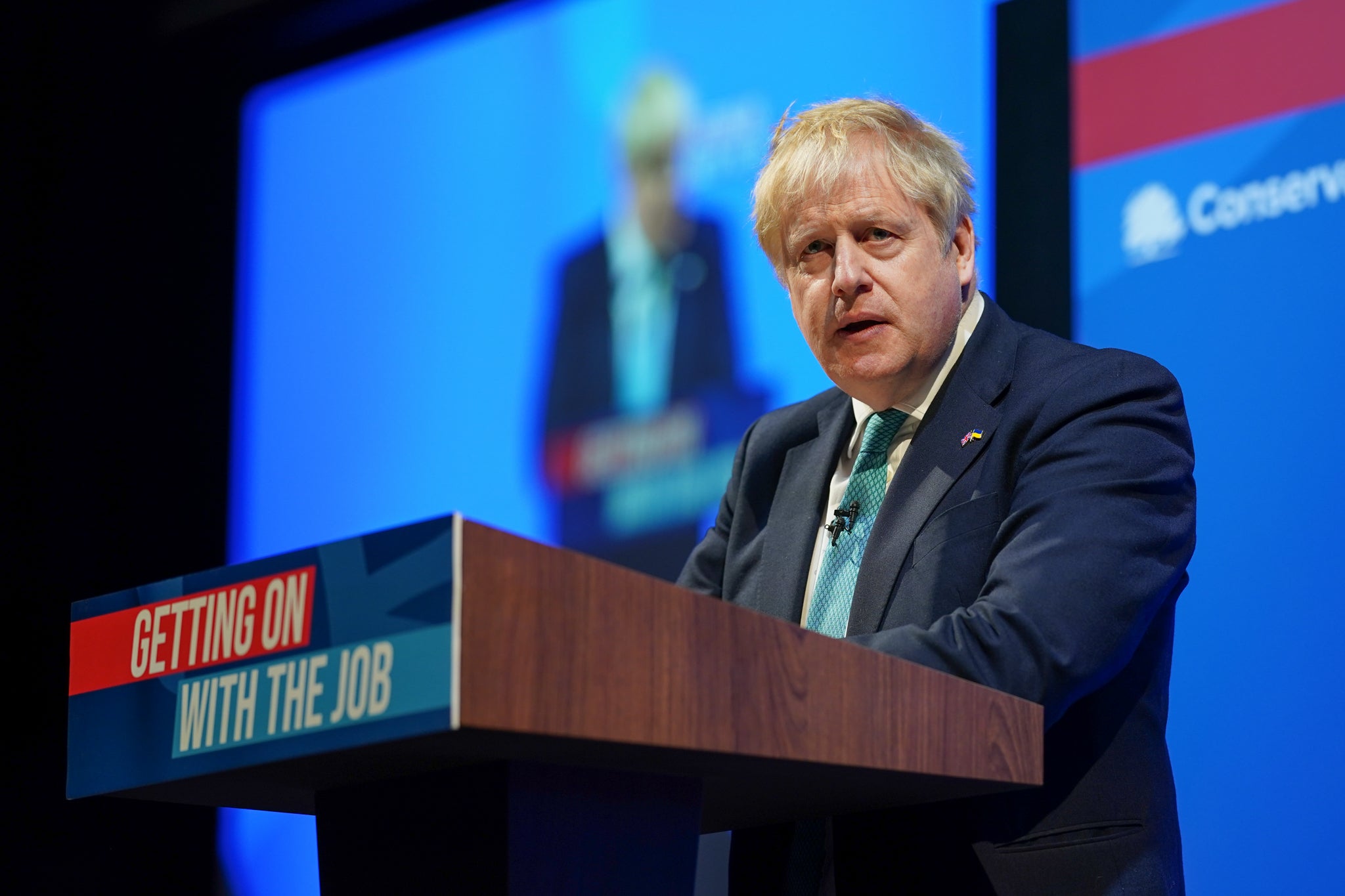Boris Johnson could soon gain a powerful advantage when it comes to elections
The Dissolution and Calling of Parliament Act 202 is a dry-sounding piece of legislation that would bring far-reaching consequences, writes Sean O’Grady


Quite soon, and barring some uncharacteristic change of heart, the Dissolution and Calling of Parliament Bill will be law, a dry-sounding piece of legislation that will nonetheless have dramatic effects.
With this bill, the prime minister, Boris Johnson, will have one of the most important powers historically available to him restored: the unfettered ability to call a general election at a moment of his own choosing. Indeed, the new law has an “ouster clause” that puts it beyond the courts and judicial review – unprecedented and a bit of an act of spite towards the Supreme Court after it declared the 2019 propagation of parliament null and void. Thus, Johnson may again feel free to break his own law, because it contains an explicit instruction to the courts that they cannot question or make decisions about the validity and effect of decisions to do with dissolving and calling parliaments.
The Dissolution and Calling of Parliament Act 2022, as it will soon be, means, in short, that Johnson will be able to engineer an unsustainable pre-election boomlet, concentrate public spending in marginal seats, time-significant policy announcements, prestige foreign trips, and make tax cuts to maximise partisan advantage. Few would presume that Johnson will be able to exercise self-restraint at the prospect of a second term in power. It is the dangerous power of prerogative.
It is old and it is new. It’s new, in a sense, because the Fixed-term Parliaments Act of 2011 abolished the crown prerogative exercised by the PM and made it almost impossible for No 10 to play the old political game of pre-election boom and post-election bust. It was one of the few abiding successes of the Liberal Democrats’ participation in the Con-Lib coalition of 2010 to 2015.
That act was designed to help deliver stable politics, especially under what seemed to be a tendency to hung parliaments; and entrench fair politics. It did not, though, foresee the convulsions wrought by Brexit. Hence the difficulties that overwhelmed the Commons in 2019, a hung parliament in which the government wanted an early election, and the opposition, for various reasons, opposed it (until Jo Swinson and the Liberal Democrats, ironically, granted Johnson his wish, because they spotted an illusory electoral opportunity).
As it happens, of course, the act was only effective in 2015; and in 2017 and 2019 it was overridden by a Commons vote, leaving it a bit of a dead letter. Under the old act and cycle the next election would not occur until around Christmas 2024, itself an unappetising prospect; but now it could be timed exactly to suit the Conservatives’ wishes and not the national interest, and hugely increase the advantages of incumbency.
However, not absolutely: a prime minister can still get their timings wrong and put too much faith in opinion polls and their own sense of the public mood. For example, Harold Wilson did so in 1970,as did Theresa May in 2017. Upsets are not being abolished. Crises can also push governments into calling elections too early and losing control of events and power (Heath in February 1974), and of course they can only hang on for so long – the maximum length of a parliament is still five years or so.
In 1964, 1979, 1997 and 2010 Alex Douglas-Home, Jim Callaghan, John Major and Gordon Brown basically ran out of road towards the end of their terms, meaning that their power to dissolve parliament effectively dissolved in their hands. Indeed in 1979, Callaghan was formally ejected by losing a vote of confidence in the house. The new dissolution bill is curiously silent on whether losing a confidence vote would automatically lead to a general election – either under a majority government or where a hung parliament allows for an alternative government to be formed without recourse to a general election. All that we have to guide us on that is some remarks in debate from Michael Gove.
Asked by an MP whether “the government losing a vote of no confidence would immediately trigger a general election”, Gove replied: “In those circumstances the prime minister could immediately, and should immediately, request of Her Majesty a dissolution and an election would follow.”
In the past, the monarch, who still formally dissolves parliaments, has been placed in a difficult position especially in hung parliaments. Again, the new act is discreet on this, to the point of mystery. The explanatory notes say that the power of dissolution is exercisable “by virtue of” the royal prerogative are exercisable again “as if the Fixed-term Parliaments Act 2011 had never been enacted”.
So we are back to boom and bust, without anyone much noticing, the game of politics as it used to be played before the 2011 act. The only significant power missing now from the prime minister’s armoury is the ability to set interest rates, and order the Bank of England to shift interest rates according to the prime minister’s whims, via the chancellor of the Exchequer.
You may fully expect a general election in 2023 or 2024 to be preceded by some “feel-good" giveaways, and to be wooed with your own money before the government, safely re-elected, claws it all back a few months later by cutting spending and ramping up taxes. Unloved even by the opposition and sickly as it was at the end of its short life, the 2011 Fixed-term Parliaments Act represented a fairer way to do politics.



Join our commenting forum
Join thought-provoking conversations, follow other Independent readers and see their replies
Comments